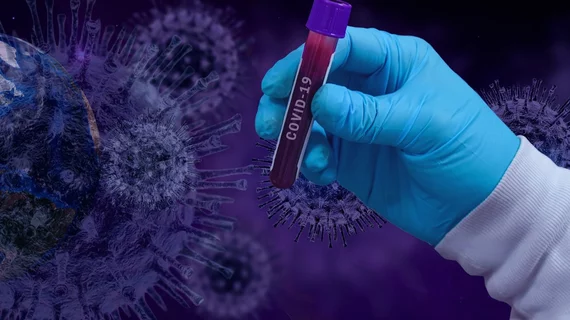Aggressive anticoagulation strategies may be harmful for COVID-19 patients
Blood clots are a serious side effect of COVID-19, which is why so many clinicians turn to anticoagulation therapies. However, according to a new study published in Thrombosis Research, choosing a treatment plan that is too aggressive can be downright harmful.
The authors examined data from more than 400 hospitalized COVID-19 patients who were treated at a single hospital from March 15 to May 31, 2020. While 250 patients were treated with standard blood thinners, the other patients were given high-dose blood thinners.
Overall, the team found that high-dose blood thinners were not associated with any noticeable benefits. In fact, they wrote, it may even harm the patient to be treated so aggressively; death was actually more likely for patients treated with the high-dose blood thinners.
“While it’s true that COVID-19 patients could be dying of blood clots, the data we’ve evaluated does not support giving every patient a high dose of blood thinners,” lead author Lei Lynn, MD, of the George Washington School of Medicine and Health Sciences (SMHS), said in a statement. “That’s a challenge, as the benefits still remain unclear. We caution against an aggressive blood thinner regimen for everyone, unless there is clear evidence to do so.”
“Though we would have loved to have seen a clinical benefit to our patients from anticoagulation, our research found that higher doses of blood thinners were potentially harmful, with no clear benefits,” added co-author Karolyn Teufel, MD, also of the George Washington SMHS. “Our research highlights the challenges with treating COVID-19. So much remains unknown.”
The full study from Thrombosis Research is available here.

